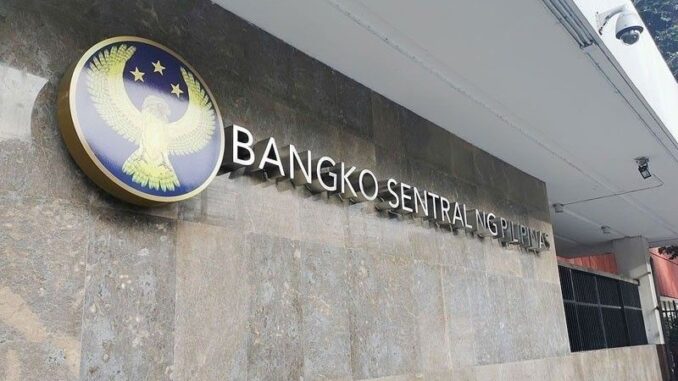
MANILA, Philippines — With the Bangko Sentral ng Pilipinas (BSP) now beginning its widely anticipated easing cycle, Filipino consumers grappling with high borrowing costs can expect some respite, according to Metrobank.
Marian Monette Florendo, research and business analytics officer at Metrobank’s financial markets sector, said the monetary policy shift will have far-reaching effects on the Philippine economy, particularly in stimulating private consumption and investments.
“The policy easing is expected to translate into lower rate caps for credit cards. This could provide immediate relief to consumers burdened by high-interest credit card debt,” she said.
She said that as policy rates decline, loan rates will likely decrease as well. This creates opportunities for Filipinos to secure new loans at more favorable rates or to renegotiate better terms for their existing loans.
Florendo also said that lower interest rates could increase purchasing power, which could stimulate private consumption and investment.
“Lower loan rates could free up cash flow for households, allowing them to either pay existing debt more quickly or rebuild their savings,” she said.
“The combination of lower policy rates and easing inflation is anticipated to provide support for both private consumption and investments, potentially reversing the adverse effects of prolonged high interest rates,” Florendo said.
The BSP slashed interest rates by 25 basis points during its policy review in August, marking the central bank’s first rate reduction in nearly four years or since November 2020.
Prior to the cut, the BSP kept its key policy rate unchanged for six consecutive meetings since November 2023. From May 2022 to October 2023, the central bank increased rates by a total of 450 basis points in an effort to quell inflation.
According to Florendo, Metrobank sees two more possible rate cuts this year, bringing the key interest rate down to 5.75 percent and further to five percent by 2025.
Inflation is also projected to moderate as the bank expects inflation to hit full-year averages of 3.3 percent this year and 3.1 percent next year.
The forecasts are supported by the expected moderation of rice prices due to government policies as well as a balanced assessment of other inflation risks, she said.
Florendo said that as the BSP’s policy easing takes effect, Filipinos could expect a more favorable economic environment.
“Lower interest rates, combined with easing inflation, are set to provide much-needed relief to consumers, potentially spurring increased spending and investment,” she said.
“This shift in monetary policy could be the catalyst needed to reinvigorate the Philippine economy, offering a brighter financial future for its citizens,” she said.
The BSP will have two more policy reviews this year on Oct. 17 and Dec. 19.


Be the first to comment